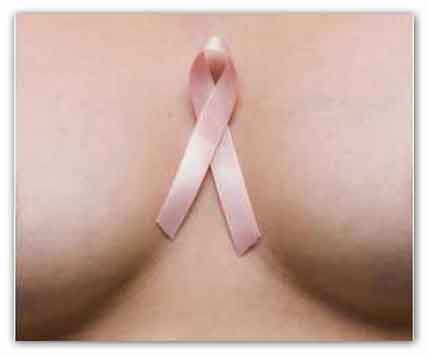|
According to research published online in The FASEB
Journal, repeated irradiation of breast fat (also
known as adipose tissue) produces an inflammatory
response that ultimately reduces the efficiency of
radiotherapy in breast cancer patients.

This research was based on a recent discovery that
there is an inflammatory interaction between breast
tumors and adipose tissue.
"Patients often undergo 25 daily doses of
radiotherapy to the whole breast after surgical
removal of the tumor to ensure that any remaining
breast cancer cells are destroyed," said David N.
Brindley, Ph.D., D.Sc., professor at the Heritage
Medical Research Centre within the Department of
Biochemistry at Canada's University of Alberta.
"During this treatment, the adipose tissue releases
autotaxin, an enzyme that initiates a wound healing
response.
This response ends up protecting the remaining
cancer cells and allowing tumors to establish
themselves and avoid destruction."
To test this idea, Brindley and colleagues exposed
rat and human adipose tissue to radiation doses
expected during radiotherapy.
The radiation produced an increase in autotaxin and
an inflammatory wound healing response.
The researchers identified several agents that could
be used to block inflammation and decrease the wound
healing response, which they expect would improve
the effectiveness of the radiotherapy.
"This is a potentially major discovery in relation
to the efficacy of breast cancer radiation therapy"
said Thoru Pederson, Ph.D., Editor-in-Chief of The
FASEB Journal.
For more information
The FASEB journal
Implications for breast cancer treatment from
increased autotaxin production in adipose tissue
after radiotherapy
Guanmin Meng, Xiaoyun Tang, Zelei Yang, Matthew G.
K. Benesch, Alison Marshall, David Murray, Denise G.
Hemmings, Frank Wuest, Todd P. W. McMullen and David
N. Brindley.
Link...
MDN |